I was recently invited to attend the Merck KGaA’s “Smarter Together” event celebrating its 125 years of science and discovery. The fact that the event was in the American Museum of Natural History made the fourth grader inside of me particularly giddy, as I walked through the menagerie of wooly mammoths and elephants I’d passed so often on elementary school field trips. I gaped at the 21,000 pound fiberglass whale, now dressed in a kaleidoscope of colors, the perfect centerpiece celebrating an evening of curiosity and wonder.
The tagline for the event was #QuestionTogether-how questions drive science and research and why we need to ask more of them. Stefan Oschmann, CEO of Merck KGaA in Germany, asked us to consider this: a four-year old asks an average of 288 questions per day, yet by the time s/he reaches high school, that number will dramatically decrease. For this reason, I’ve always enjoyed giving speeches to young audiences because they ask anything and everything - “What did they do with your old heart when you had a transplant?” ” Can you ride a horse with your artificial leg?”. There’s no fear, no inhibition. And those questions challenge us as adults to rethink the status quo.
Among the researchers, scientists, non-profit leaders, and social innovators, I spotted a few old friends, including Cindy Drakeman, who was in my college a cappella group, the Princeton Tigressions. Cindy is doing amazing things as managing partner of Victrix Ventures, a venture and growth capital fund that invests in female entrepreneurs, together with Professor Linda Scott and Donnetta Campbell.
The surprise guest of the evening was Alan Alda, who founded the Alan Alda for Communicating Science, which trains the next generation of science and health professionals to communicate more effectively with the public and policy makers. He talked about “The Curse of Knowledge” - how we naturally assume that because we know something, so does everyone around us. We can keep this in mind in how we explain complicated subjects to get buy in from others.
The night got me thinking about some of the questions I’ve thought about in the past, and hadn’t revisited in quite some time. Right around the time my leg was amputated, I heard about the first hand transplant and asked my doctors if a leg transplant might also be possible. “Yes,” they told me. But they didn’t say how or when.
On one video montage that evening, a girl asked if we could somehow harness the science that allows an octopus’s tentacle to grow back to help soldiers with leg amputations. Days after my own amputation, still on heavy anesthetics, I remembered asking my surgeon if my own leg would grow back. I often make a joke of it to illustrate the effects of my post-surgical drug-induced state. My surgeon had raised his eyebrows and smiled. “Well, you never know what technology will be capable of,” he said. I always thought he was just being kind. But maybe it’s time to rethink that.
What questions do you have? And when will you ask them?



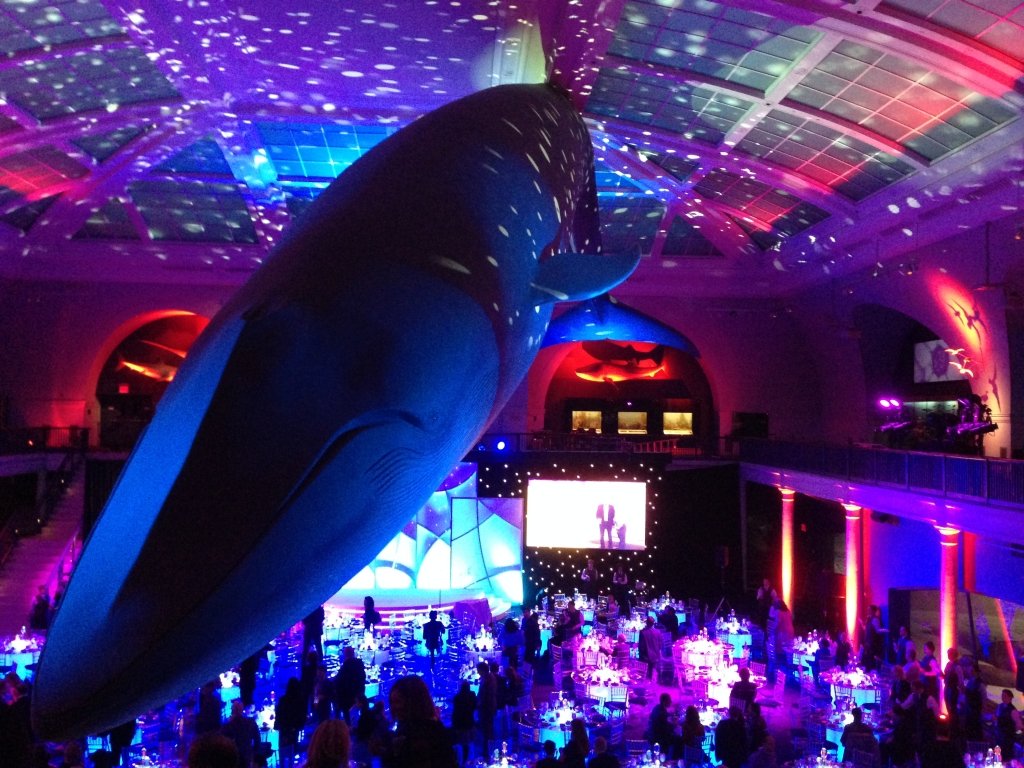
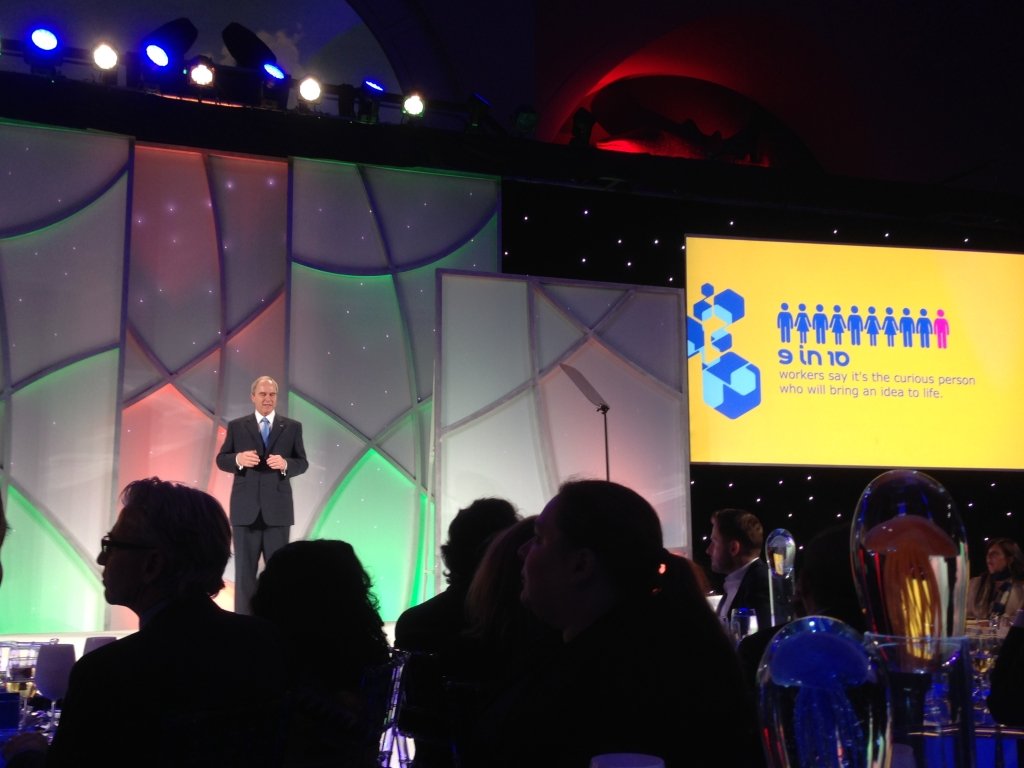
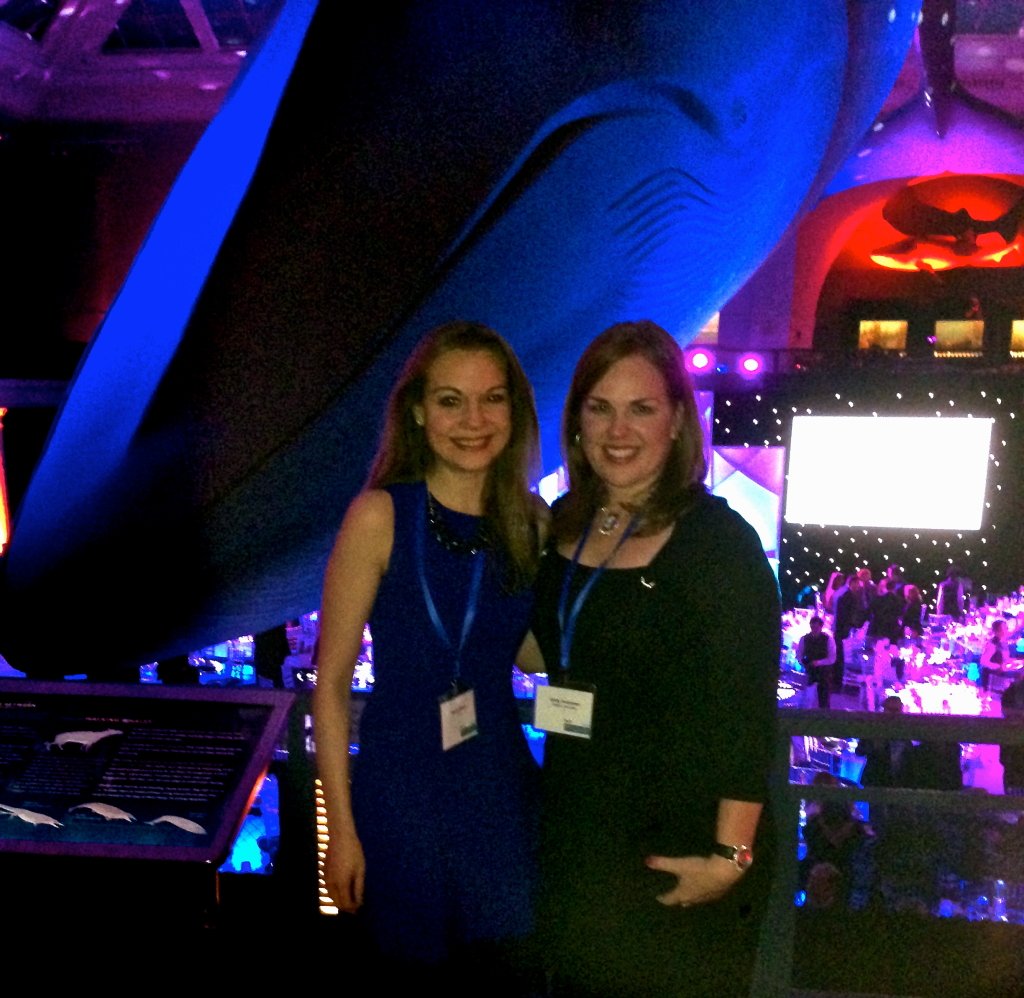
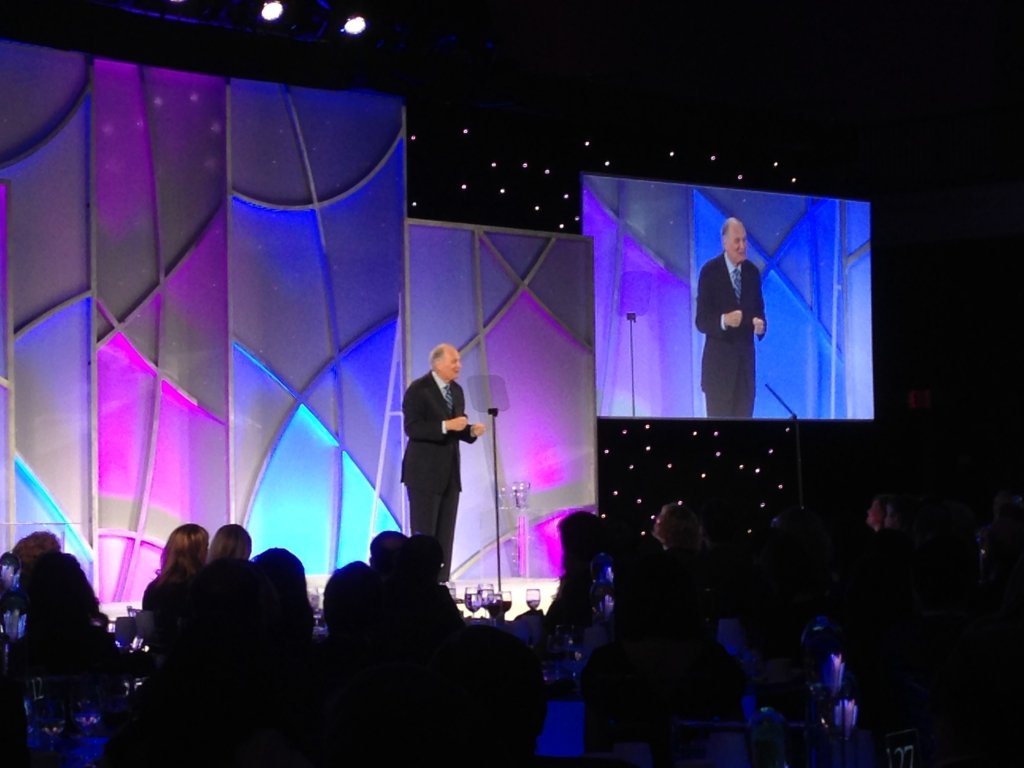


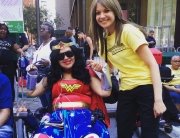
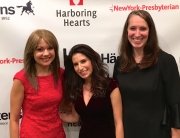
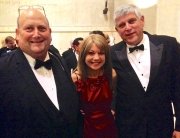
Leave A Comment